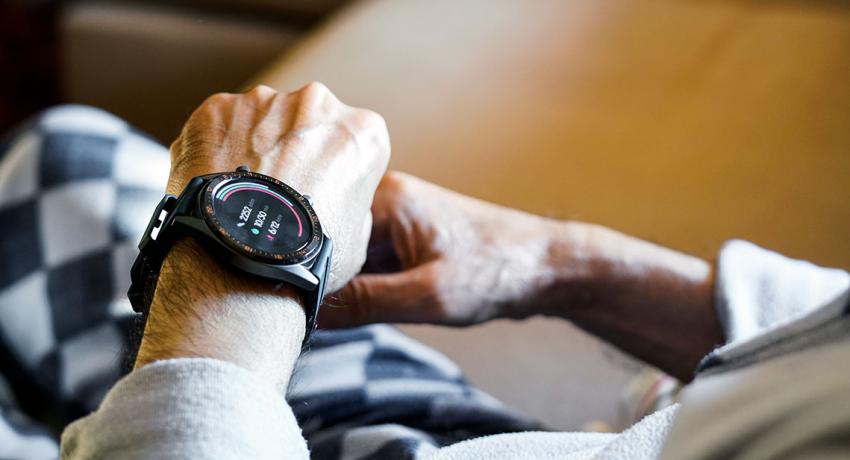Detecting Health Problems Earlier

Multiple physical and disease morbidities are known to confer risk for early mortality, greater symptom burden, and higher healthcare costs. Innovative health information technologies can improve quality of life, decision-making, monitoring, and outcomes in the ambulatory home context. Using SensePRO, an innovative mobile technology platform (smartwatch + beacons) developed at the UCLA Center for SMART Health, physical and functional data collected from a combination of wearable and home sensors are continuously combined with contextual data such as patient-reported outcomes (PROs). The goal of the project is to risk-stratify, monitor, communicate daily and weekly wellness status, and to inform efforts to reduce the need for acute, costly, and distressing health services (emergency room visits and hospitalization). This population-based study is being conducted in conjunction with UCLA Health. Our system collects PROs derived using the NIH PROMIS question bank, capturing measures related to physical function, anxiety, depression, fatigue, sleep, social activities, and pain. These data are then automatically combined with context-aware system measures: energy, activity, position (lying, sitting, standing), mobility (walking, steps, walking speed), indoor localization, and key daily activities. Based on this comprehensive view, daily and weekly summaries of the data are being developed to improve the management of patients through communication with case workers, caregivers, and providers.
